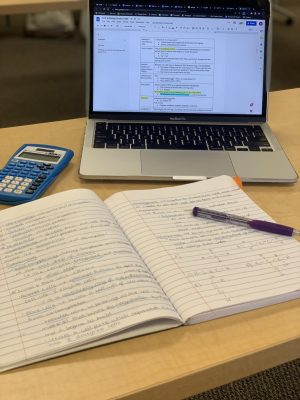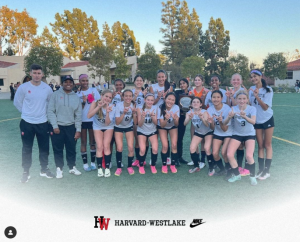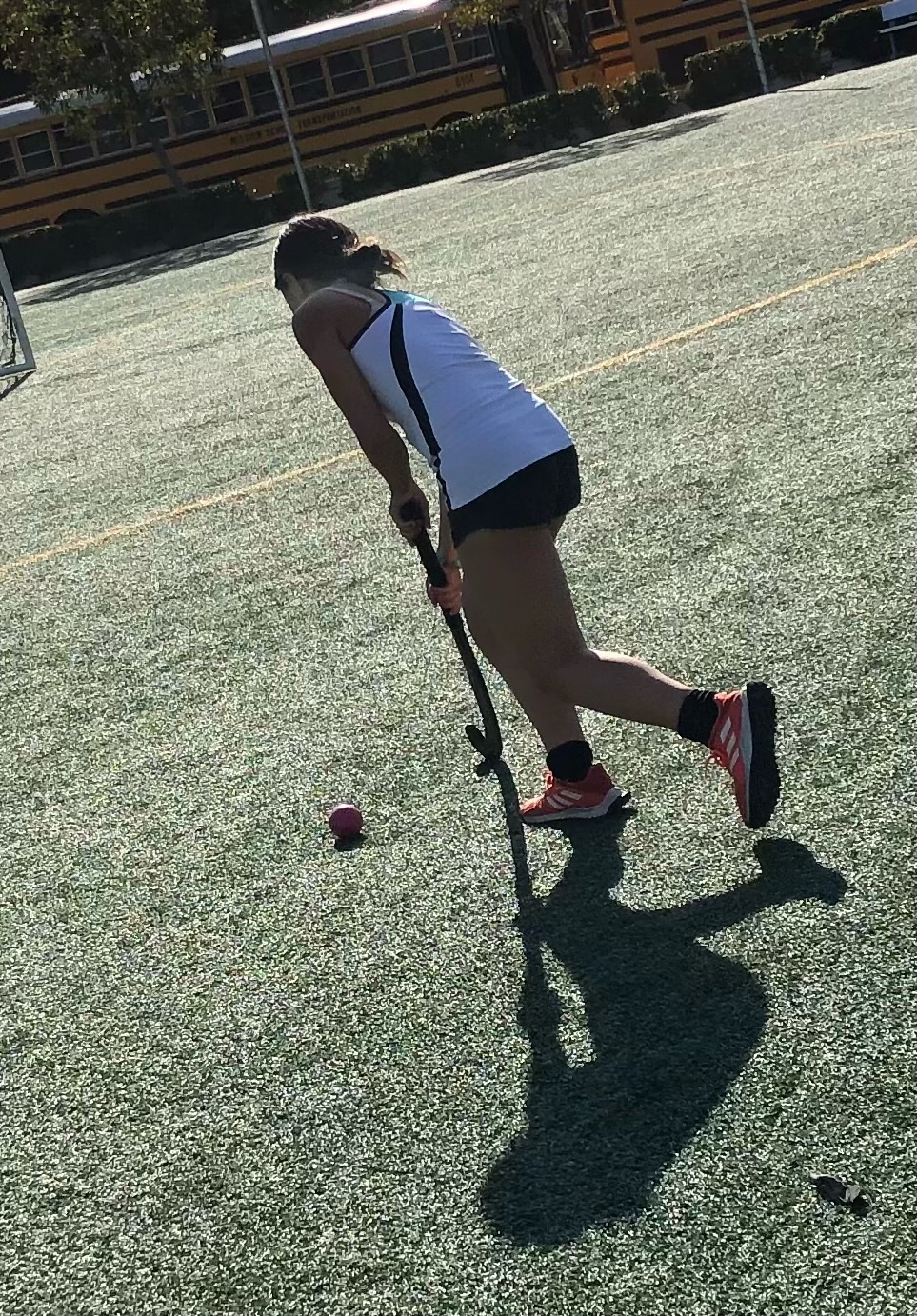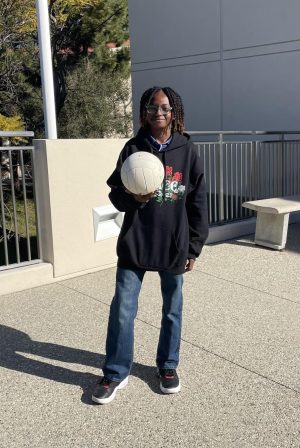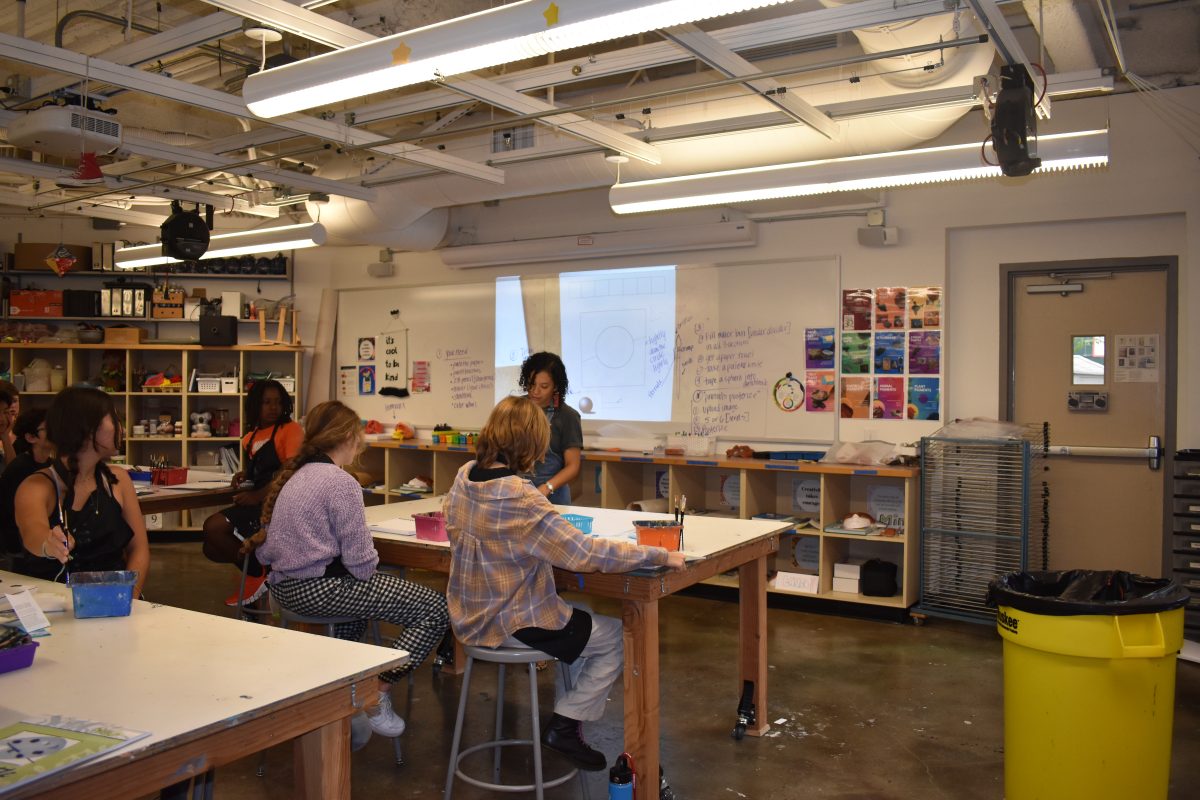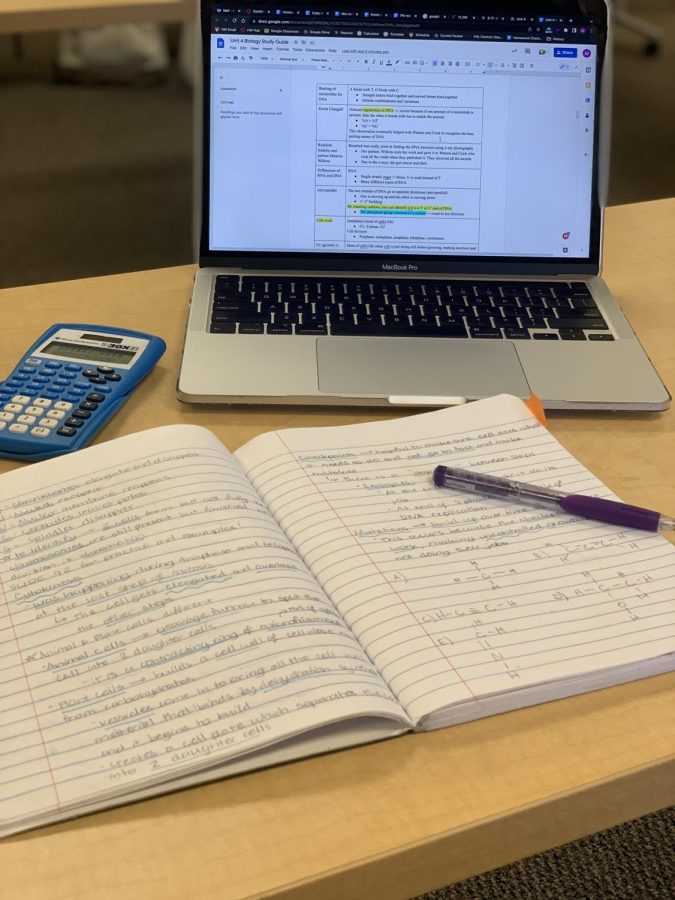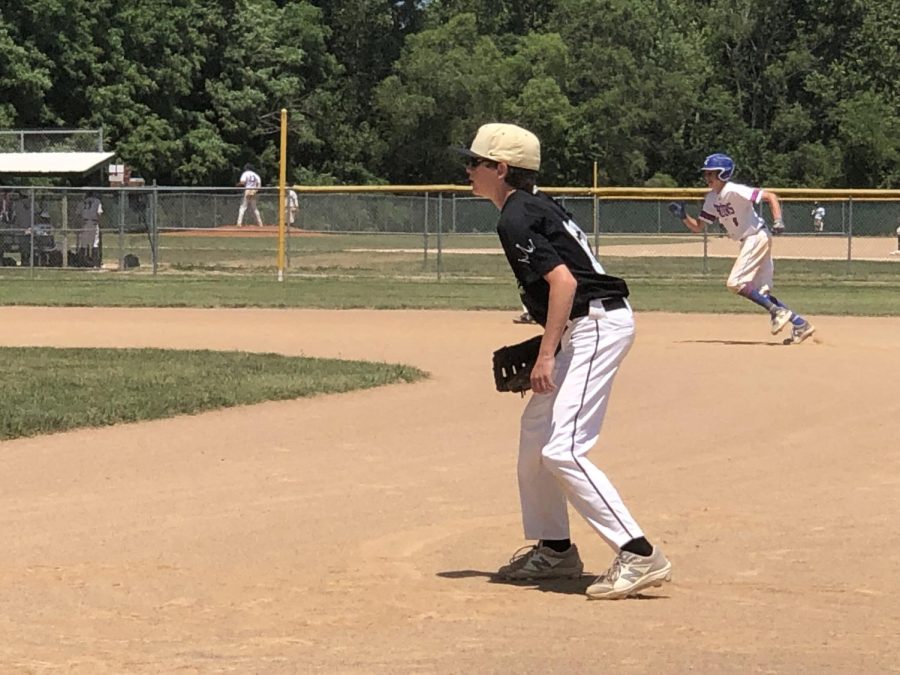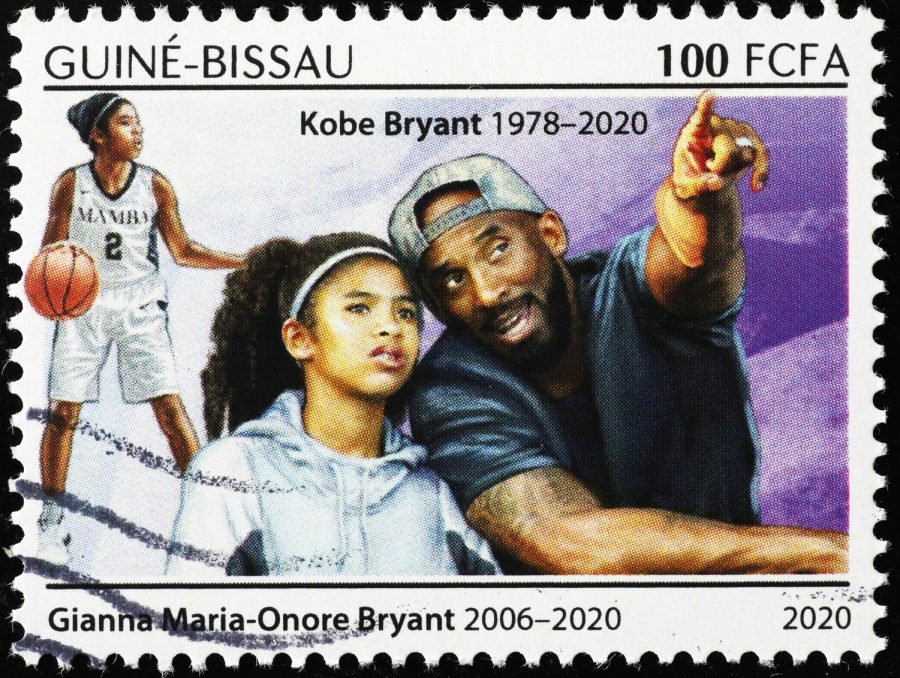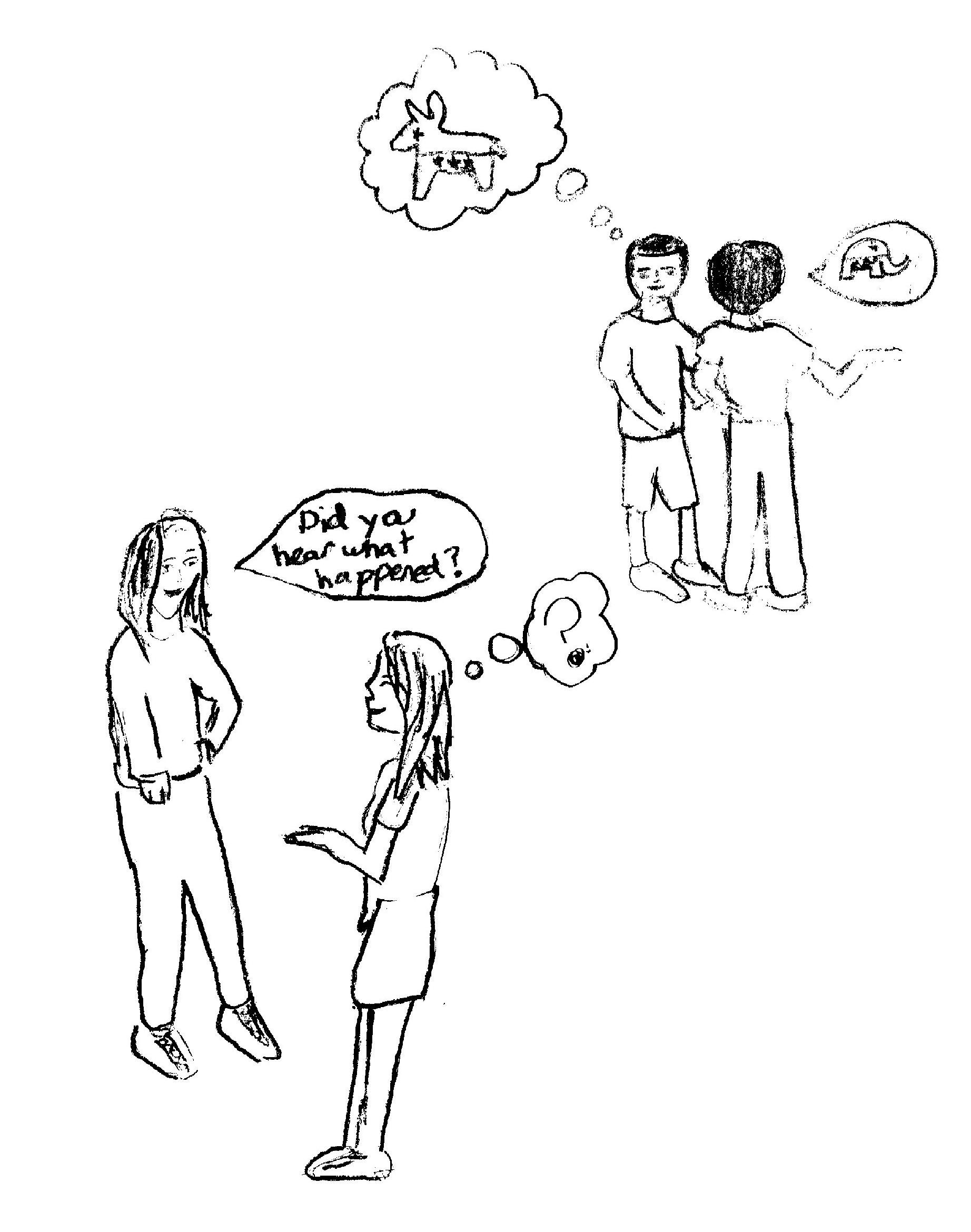 By Olivia Gubel ’21
By Olivia Gubel ’21
Every school across America has unique rules regarding current politics. Some ban the subject entirely, while others gently discourage the banter. Some even encourage debates among students. But should students have to be a certain age to partake in these discussions? Most students understand how heated arguments regarding politics can be, especially presidential elections. Many educators and parents believe that students should not be discussing political beliefs inside the classroom or outside on the playground because it is not uncommon for pupils to cross the line or hurt another, but making politics a required course in schools may be exactly what our country needs.
More significantly, however, the purpose of education is for children to become adults who are well-prepared for what they will encounter in the real world. This includes information and knowledge in subjects such as history and algebra, but more importantly, includes how to be successful. The goal of schools are to cultivate resilient, civil and hardworking citizens who understand on a thorough level how to act in society. But to be a contributing citizen, voting comes into play.
At the age of 18, while some students are still in high school, students begin to vote, impacting the world around them. They have reached the adult age and have earned the right to vote, but many young adults are mis- or under-informed regarding current issues. In 2005, 71% teens age 13 to 17 reported that their political views are about the same as their parents’. Is this because they are inclined to do what is easiest? Public schools are ran by the government, yet they are not required to teach about politics. One can conclude that the government expects young adults to take their own initiative to educate themselves. However, in many cases, this does not happen.
If students are not given an objective, in-depth education on politics, they are likely influenced by those around them, most significantly, their parents, family and friends. If a hypothetical student’s parent is in favor of a certain candidate, it is likely that they will naturally focus on the good of that particular candidate. Even if that young adult is developing an opinion based on facts, it is probable that they have been given a manipulated set of facts. It is important that all adults have developed their own opinions without any influence. In 2014, The American Election Study found that over 40% of people try to persuade others to a specific candidate. With so many subjective opinions, and so few facts, how can we expect young voters to vote responsibly?
In 2015, researchers at Hawaii University found that most adults age 18-20 do not research political information; instead, they come across it by accident, which influences their vote. Much of the information they come across is from social media. Social media is a line for false news and only exposes people to personalized media. If the majority of the people someone is following represents a certain political group, that person will most likely be influenced and manipulated because of the skewed views and supporting facts towards a specific political view or candidate.
Although ideally teenagers and young adults would only vote if they have sufficiently educated themselves on the topics, that is not happening. If politics were a required class in schools, students would be given the complete opportunity to not only develop their own unbiased opinions regarding specific affairs, but their complete political identity.
